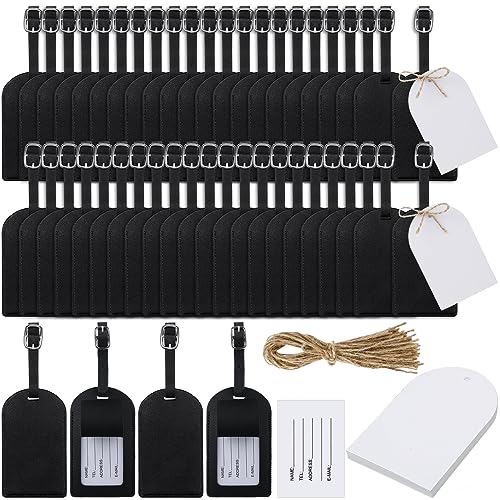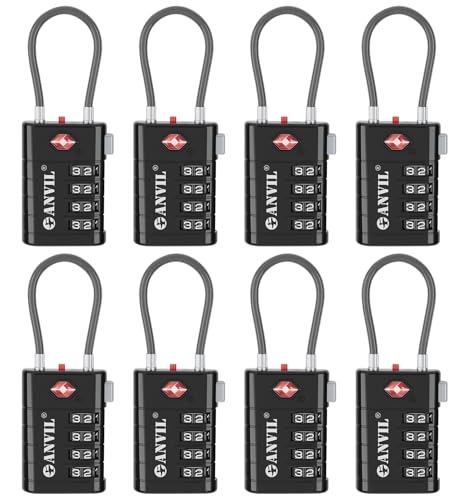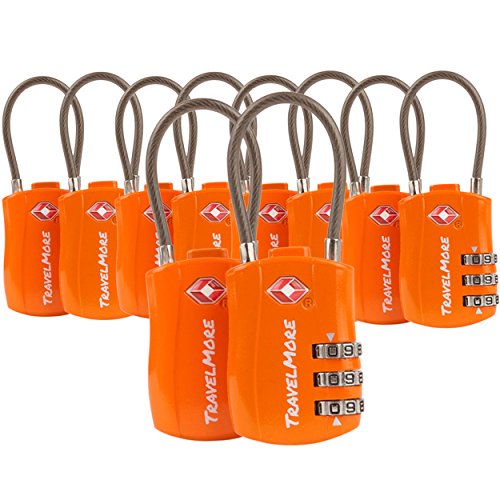





A practical approach involves attaching a baggage identifier to every travel case. This small accessory significantly enhances the likelihood of swift recovery if the item gets misplaced. Statistically, around 25 million bags are lost by airlines annually, and having clear identification can mitigate personal stress during such events.
Distinctly marked pieces facilitate easy recognition on the conveyor belt. Selecting a vibrant, unconventional design can prevent confusion with others’ belongings. Many airlines recommend including personal details like a name and contact number, ensuring efficient communication in case the baggage is found.
Beyond appearance, the durability of the identifier is equally pivotal. Opt for materials that withstand the rigors of travel, such as sturdy plastic or leather. Waterproof options provide added protection against various environmental conditions encountered during transit.
Incorporating these practices not only streamlines the airport experience but also instills confidence in the safety of personal belongings. Proper identification can save time, reduce anxiety, and enhance the overall travel experience.
Benefits of Attaching Identification to Baggage
Attaching identification to travel bags serves as a practical strategy for reducing the risk of loss. In cases where checked items are misrouted or delayed, having clear identification can expedite their return process. Travel details, such as name, email, and phone number, should be clearly visible. Utilizing coded contact information enhances privacy while still providing essential data for retrieval.
Distinctive designs or bright colors can make belongings easily recognizable on the carousel. Custom tags that reflect personal style or interests are not only functional but also add an element of personalization. Consider including an itinerary or destination address on the reverse side for additional ease in identification.
Emergency contact details on the bag can be beneficial; they allow someone to reach out if the bag is found. The risk of identity theft can be mitigated by avoiding the inclusion of full home addresses. Instead, a work address or a P.O. box may serve the purpose securely.
Investing in durable materials ensures tags withstand the rigors of travel and remain attached throughout transit. Opt for ones that resist tearing or fading. Upgrading to a smart solution, such as Bluetooth trackers or RFID-enabled items, offers modern alternatives to traditional methods, providing real-time location updates for tech-savvy travelers.
Benefits of Luggage Tags for Identifying Your Bag
Attaching a personalized identifier to your travel case provides several advantages that enhance the experience while traveling.
Quick Identification
Clear labeling allows for fast recognition of belongings at baggage claim. A distinct visual design or color can make spotting a specific suitcase effortless amid a sea of similar bags.
Prevention of Mix-Ups
- Minimizes the chance of mistakenly taking someone else’s bag.
- Reduces stress during travel, ensuring the right bag is always retrieved.
The ease of distinguishing one’s property contributes to a smoother and more enjoyable travel experience. Additionally, having contact information on hand aids in recovery if items are lost.
For safe storage solutions, consider the best luggage storage dallas worth texas. Ensure that gym bags are equally functional by exploring the best climbing gym bag.
Choosing the Right Type of Luggage Tag for Your Needs
Select a durable option that withstands travel wear and tear. Materials like PVC or leather offer excellent longevity, while plastic variants are lightweight and affordable.
Consider a personal information feature. Tags with a secure cover protect details from damage and unauthorized access. Ensure that your name, phone number, and email address are legible and easily accessible.
Types to Consider
Choose between traditional and electronic models. Classic tags are simple to attach and can be personalized. Electronic versions, like QR code tags, provide instant access to pre-stored information, reducing the risk of misplacing travel essentials.
Customization Options
Customization enhances visibility. Opt for bright colors or unique designs to easily identify belongings on the carousel. Some suppliers offer personalization services, allowing for a unique touch. For photographers, finding a reliable option is crucial; check out the best digital camera brans for added inspiration.
The right choice improves identification, reduces stress during travel, and ultimately enhances the travel experience.
How to Properly Fill Out Your Luggage Tag
Include your full name on the name line. First initial and last name work, but full names help avoid confusion. Use a permanent marker or printed label for legibility.
Next, provide your phone number. A mobile number is preferable, but including any alternate contact methods ensures a better chance of being reached.
Adding an email address can be beneficial. In cases of lost belongings, this provides another method for reaching the owner. Ensure the email is current and monitored.
Address Details
List your permanent residence address. Include street address, city, state, and zip code. For international travel, consider including country name. Keep this information brief yet complete.
Custom Identifiers
Incorporate a unique identifier. This could be a code or short phrase only you recognize. Avoid personal info that might be exploited.
| Field | Recommended Input |
|---|---|
| Name | Full name (First and Last) |
| Phone Number | Current mobile number |
| Active email address | |
| Address | Street, City, State, Zip Code |
| Identifier | Unique personal code or phrase |
Always double-check all inputs for accuracy before attaching. Updating tags for each trip ensures relevance of provided information. Proper completion maximizes the chance of recovery should misplacement occur.
Tips for Securing Your Luggage Tag During Travel
Opt for a tightly secured attachment to avoid loss. Use strong, durable materials such as silicone or heavy-duty plastic that withstand wear.
Place the identification securely inside a protective cover if using paper. Water-resistant options prevent damage and ensure readability in any weather.
Position the identifier in a location less likely to snag on conveyor belts or luggage carts, reducing chances of detachment during transit.
Add a secondary identifier inside the bag as a backup, including vital information such as a phone number or address. This practice enhances the chances of recovering luggage if the outer label is lost.
Avoid including sensitive information like home addresses on the surface. Instead, share only necessary identification details to protect personal privacy.
Consider a unique design or color scheme for easier recognition. This differentiation may deter mixed-up or misidentified belongings at baggage claim.
Regularly inspect attachments for wear and tear before each trip. Replace any damaged or worn-out identifiers to maintain security throughout travel.
Alternatives to Traditional Luggage Tags You Might Consider
For those seeking to identify their belongings without conventional methods, several alternatives can enhance visibility and security. Consider using brightly colored ribbons or bands tied around handles. This simple approach not only makes bags stand out but is also lightweight and inexpensive.
Custom Stickers
Custom adhesive labels provide a modern twist on identification. They can be printed with personal information or unique designs, making each item easily recognizable. Opt for waterproof and durable materials to withstand various environmental conditions.
Smart Devices
Incorporating technology is gaining traction. Bluetooth trackers, such as Tile or Apple AirTag, offer real-time tracking capabilities via smartphone apps. This digital solution aids in locating bags quickly while protecting sensitive information from public view.







